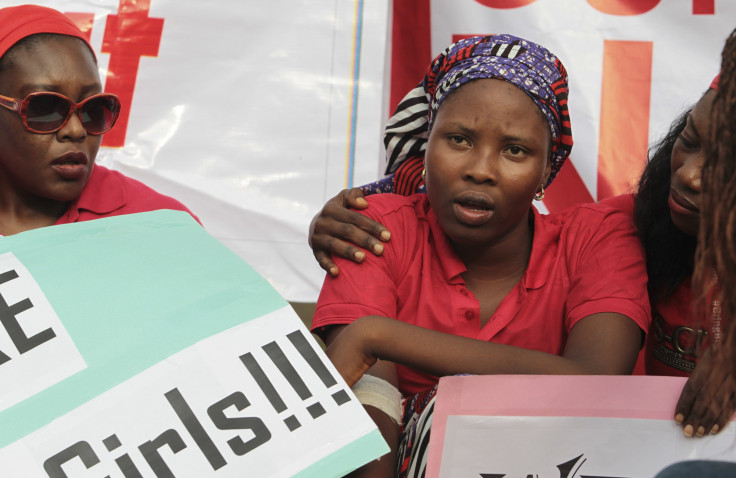Boko Haram Cease-Fire: Abducted Nigerian Schoolgirls To Be Released, Officials Say

Boko Haram has reportedly agreed to a cease-fire with the Nigerian military as well as the release of hundreds of schoolgirls who were abducted by the terrorist group earlier this year, officials said Friday. The jihadist militia has not yet made a public statement about the decision, which could confirm the arrangement, according to the BBC.
"They've assured us they have the girls and they will release them," Nigerian presidential aide Hassan Tukur told the BBC. "I am cautiously optimistic." The announcement of the release and cease-fire comes after a month of negotiations between the Nigerian government and Boko Haram, which has killed more than 2,000 civilians in 2014 alone.
The little-known al Qaeda offshoot gained national attention in April when they abducted some 300 schoolgirls from a school in Chibok, northern Nigeria, to be sold as slaves. The abduction sparked international outrage and the social media campaign #BringBackOurGirls that enlisted the likes of U.S. first lady Michelle Obama and countless celebrities. Human rights organizations are watching the ongoing deals closely for any developments.
We are monitoring the news with huge expectations http://t.co/L01FrUFKwz #BringBackOurGirls
— #BringBackOurGirls (@BBOG_Nigeria) October 17, 2014In August, Boko Haram declared an “Islamic state” in northeastern Nigeria, the Washington Post reported. Authorities believe the group is hiding the girls somewhere in that area. Jennifer Cook, the director of the Africa Program at the Center for Strategic and International Studies, said the longer the girls stay in captivity, the harder it would be to bring them home.
“With hostage situations with this many people, to bring one set back without endangering another set is very difficult,” Cooke told Time. “In some cases, there’s a pretty good idea of where they are, but extricating them from a group of armed criminals who have so little respect for life is a difficult negotiation process. And the longer they’re there, the greater likelihood they become dispersed, and the more difficult they are to track down.”
It's unclear how the girls have been treated during their captivity, raising questions about their health. “These girls are being held under absolutely horrific circumstances, subjected to sexual violence and rape, forced into servitude,” Cooke said. “There are reports that some have become pregnant.”
© Copyright IBTimes 2025. All rights reserved.




















